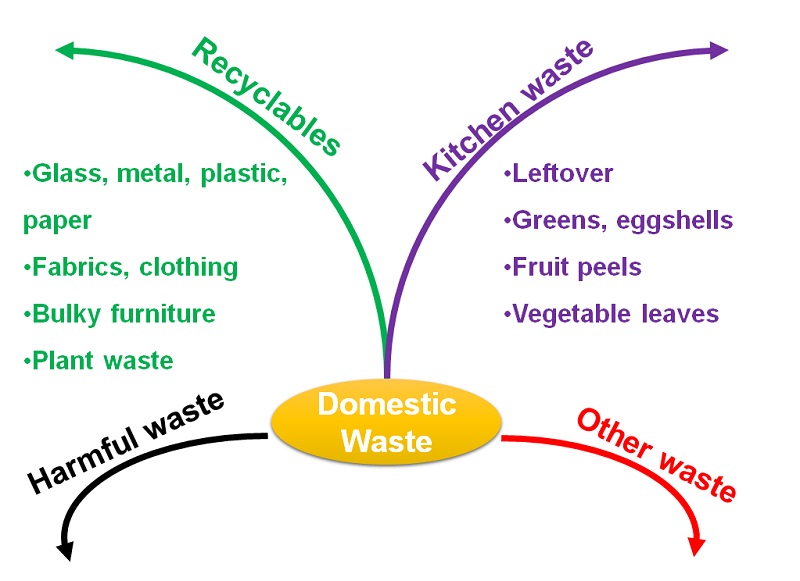Feather Duvet Recycling: A Sustainable Solution for Winter Warmth
In the colder winter months, the use of feather duvets can provide warmth and comfort for sleepers. However, these duvets often end up in landfills after being used for a few years. To address this issue, many organizations are now offering feather duvet recycling programs to help reduce waste and protect the environment. By recycling these duvets, we can reduce our impact on the planet and save natural resources. Feather duvet recycling is a sustainable solution that provides an alternative to discarding these items. It is important to find a recycling program that is reputable and trustworthy to ensure that the duvets are being recycled in an environmentally friendly manner. By supporting these recycling efforts, we can contribute to a healthier and more sustainable planet.
In the midst of winter, when the cold weather sends shivers down our spines, the thought of snuggling under a warm feather duvet is enough to make us feel at home. But what happens when that same duvet becomes old, worn out, or no longer needed? Many of us may throw it away or donate it to charity, but there is another option that can benefit both the environment and our wallets: recycling.

Feather duvets are made from high-quality duck or goose feathers, which are light, warm, and hypoallergenic. However, as with any other type of bedding, they eventually reach the end of their lifespan and have to be replaced. This is where recycling comes in. By recycling old feather duvets, we can help reduce the amount of waste produced by the textile industry and save money on new bedding purchases.
In this article, we will explore the benefits of recycling feather duvets, how to do it, and what you can do to help reduce your environmental impact while staying warm in winter. Let’s start with the benefits.
Benefit 1: Environmental Protection
Recycling feather duvets is beneficial to the environment on several fronts. First, it reduces the amount of waste produced by the textile industry. Old duvets that are not recycled end up in landfills, where they take up valuable space and contribute to pollution. By recycling them, we can help reduce the amount of waste produced by the industry and protect our environment from further degradation.
Benefit 2: Cost Savings
Recycling feather duvets can also save you money. Old duvets that are still in good condition can be cleaned and reused, saving you from having to purchase new ones. Additionally, recycling companies often offer incentives for returning old bedding, such as discounts on new purchases or credit towards future orders. These incentives can help you save even more money on your next purchase.
Benefit 3: Ethical Consumption
Recycling feather duvets is also an ethical choice. By recycling old bedding, we are supporting a more sustainable way of consuming goods. This helps reduce our impact on the environment and supports a circular economy model, where products are designed to be used and reused rather than discarded after their first use.
How to Recycle Feather Duvets?
Recycling feather duvets is a simple process that can be done at home or through professional recycling services. Here are some steps to follow:
Step 1: Clean Your Duvet

The first step is to clean your old feather duvet. You can use a gentle detergent and water solution to clean it thoroughly. Make sure to rinse it well and let it dry completely before proceeding to the next step.
Step 2: Remove Stains and Tears
If your duvet has any stains or tears, you will need to remove them before recycling. Stains can be treated with a stain remover or bleach solution, while tears can be patched up with a similar-colored fabric patch kit. Make sure to follow the instructions on the packaging for these products.
Step 3: Compress and Bag Your Duvet
Once your duvet is clean and free of stains or tears, you can compress it into a small package using a vacuum cleaner or by rolling it up tightly in a plastic bag. This will help reduce its volume and make it easier to transport for recycling.
Step 4: Find a Recycling Center or Service Provider
You can either take your compressed duvet to a local recycling center or find a service provider who offers online recycling services for textiles like feather duvets. These service providers will collect your old bedding from your doorstep and process it for recycling on your behalf. All you need to do is call them up or visit their website to schedule a pickup date and time that suits you best.
What Else Can You Do?
In addition to recycling your old feather duvets, there are several other ways you can reduce your environmental impact while staying warm in winter:
1、Use renewable heating sources like solar heaters or pellet stoves instead of using fossil fuels like oil or gas for heating purposes in colder weather months when possible . These renewable heating sources not only help reduce greenhouse gas emissions but also save money on energy bills compared with traditional heating methods . 2 . Invest in energy-efficient appliances like heaters with thermostats that can automatically turn off when they reach a certain temperature set point , reducing unnecessary energy consumption . 3 . Layer up with thermal wear like long underwear , hats , gloves , and scarves to keep yourself warm without relying solely on electric heaters or fireplaces , which can contribute significantly to indoor air pollution . 4 . Use public transportation systems like buses , trains , or subways instead of driving vehicles that emit greenhouse gases when possible . Not only does public transportation save money on gas , but
Articles related to the knowledge points of this article:
Title: Can Down Comforters be Sunned? - The Risks and Tips for Storing Winter Bedding
Baoshan District Down Comforter Wholesale Prices Inquiry
Title: Quilted Down Comforter: A Complete Buying Guide



